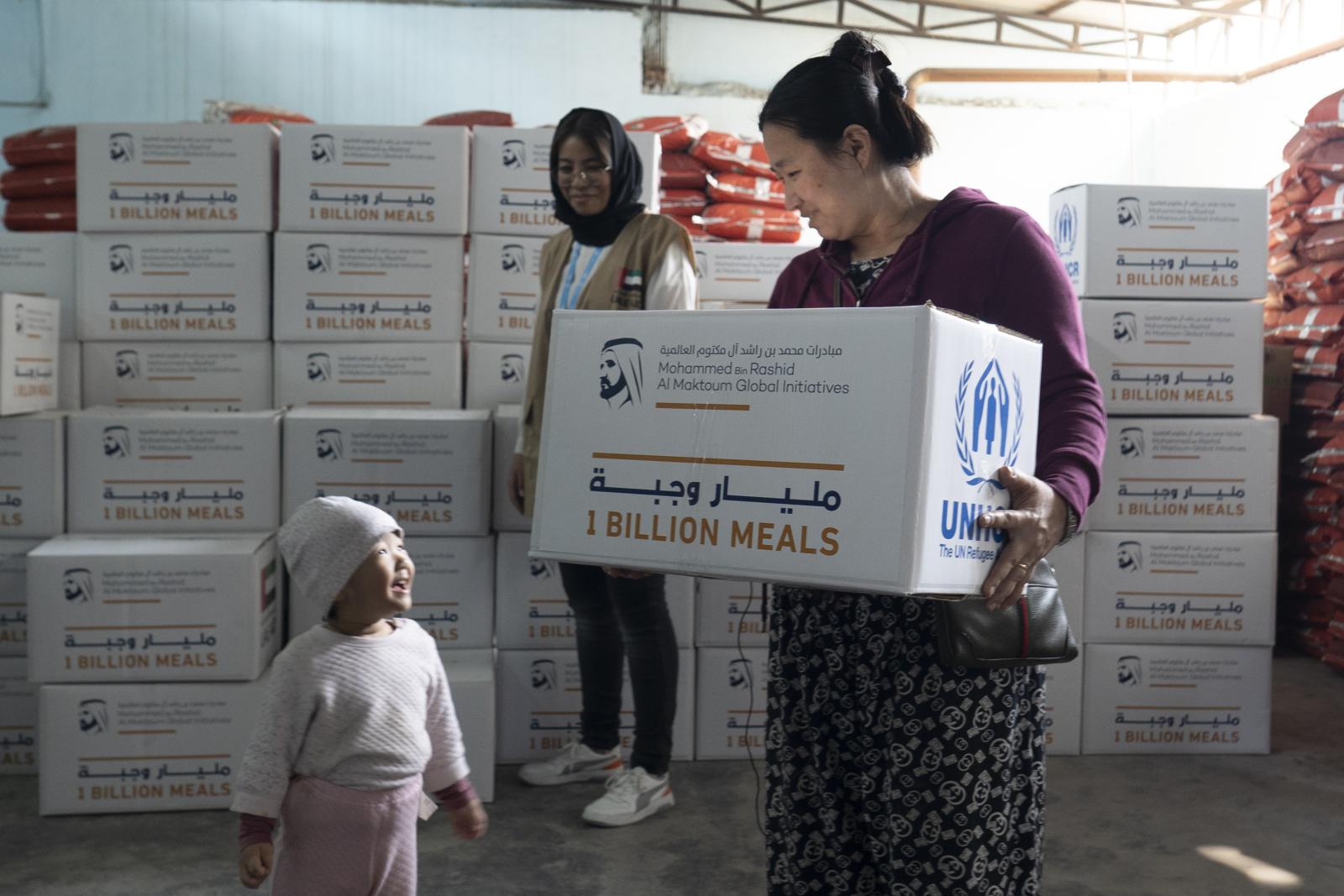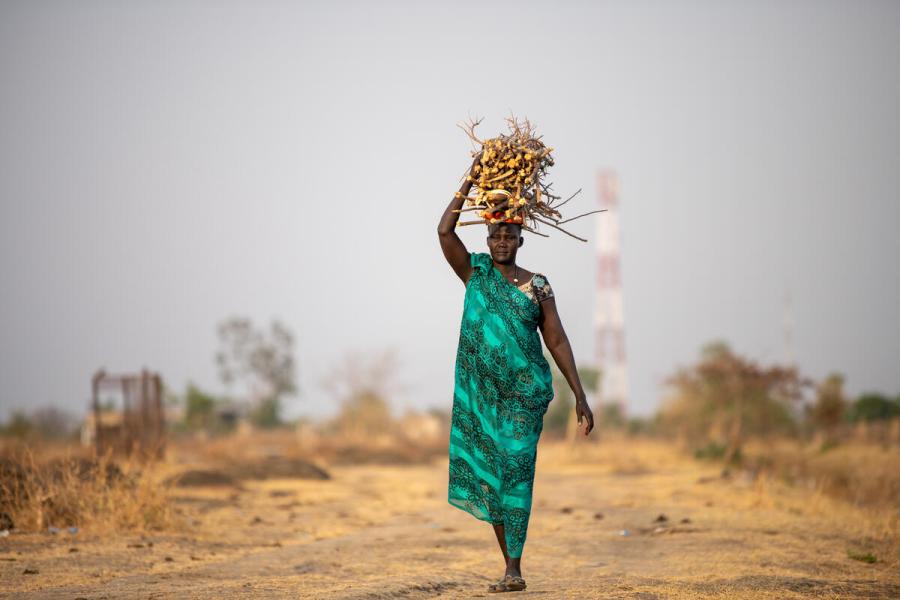In 2023, voluntary contributions to UNHCR from individuals and the private sector reached $724 million, constituting 15% of UNHCR’s overall income. This followed the exceptional emergency donor response to Ukraine in 2022. Like many other organizations, UNHCR saw a decrease in private sector funding in 2023 but managed to mitigate the effects of this better than many through our donor development efforts.
This meant that overall trends continued an upward trajectory when 2022 is put in context, and when compared to 2021 and previous years.
The total income transferred to UNHCR from 3.1 million individual donors amounted to $404 million. Financial support also came from UNHCR’s partnerships with over 380 entities, which contributed $320 million, including $98 million in in-kind gifts.
The private sector also continued as an important source of unearmarked funding. Of total private sector contributions, $278 million or 38% was unearmarked.
UNHCR’s thematic fundraising campaigns continued to show growth and success, raising over $61 million in 2023. The winter campaign, in particular, was a major success, more than doubling income since 2021 to raise $45.8 million.
The Aiming Higher campaign to increase refugee enrolment in tertiary education reached a quarter of its $100 million target after only three years of the ten-year initiative. This has seen refugee enrolment in higher education rise from 3% to 7% and is an excellent example of how campaigns can deliver direct life-changing impact for refugees and contribute to increased funding.
Our efforts to raise new funds from innovative financing opportunities have already shown signs of success and will be even more important in the coming years.
In April, the Green Financing Facility (GFF) to solarize UNHCR offices received a significant $23.7 million contribution from the IKEA Foundation, which added to existing investment from the German and Swedish Governments. The GFF could see up to 25% of financial savings for offices involved.
A record $46 million was also raised through Islamic philanthropy for nearly 2 million refugees and IDPs in 23 countries during 2023, an almost 20% increase from 2022.
These successes and the innovation that came with them, along with the commitment to a more holistic view of what private sector engagement means, will be key in underpinning UNHCR’s new private sector engagement strategy for 2024.


MBRGI sustains displaced families with food assistance and livelihoods support
Mohammed Bin Rashid Al Maktoum Global Initiatives (MBRGI) continued its commitment to supporting forcibly displaced families globally in 2023, donating $26 million to UNHCR since 2021 including $11.3 million in 2023 for vital food assistance and sustainable livelihood projects in Asia and Africa and additionally pledging $11.5 million to support UNHCR’s programmes at the Global Refugee Forum in December 2023.
MBRGI’s contribution has enabled over 77,000 refugees in India to access food and redirect their limited financial resources towards other pressing needs. MBRGI’s contribution has filled critical gaps in funding and enhanced the overall well-being and health of refugees.
